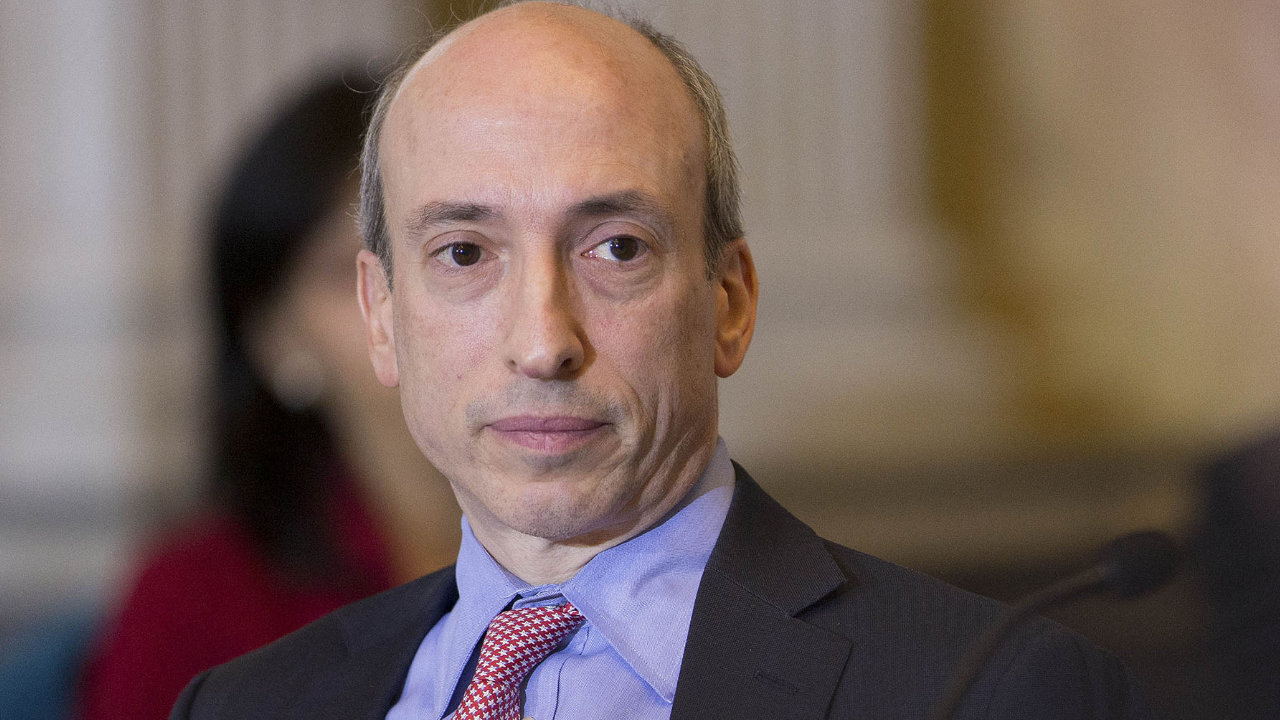
The chairman of the U.S. Securities and Exchange Commission (SEC), Gary Gensler, says that Satoshi Nakamoto’s innovation is real. “It has been and could continue to be a catalyst for change in the fields of finance and money,” he said.
Satoshi Nakamoto’s Innovation Is Real
SEC Chairman Gary Gensler talked about bitcoin and cryptocurrency regulation last week at the Aspen Security Forum where he outlined his plans to regulate the crypto space. He began by referencing the Bitcoin whitepaper and its creator, the pseudonymous Satoshi Nakamoto.
“His innovation spurred the development of crypto assets and the underlying blockchain technology,” Gensler said about Satoshi, adding that “the crypto asset class has ballooned” and is now worth about $1.83 trillion.
Noting that when he was at the Massachusetts Institute of Technology (MIT) prior to being confirmed as the head of the SEC, he researched, wrote, and taught on the subject of bitcoin, cryptocurrency, and blockchain technology. Gensler opined:
In that work, I came to believe that, though there was a lot of hype masquerading as reality in the crypto field, Nakamoto’s innovation is real. Further, it has been and could continue to be a catalyst for change in the fields of finance and money.
Unlike fiat money, Gensler said that “At its core, Nakamoto was trying to create a private form of money with no central intermediary, such as a central bank or commercial banks.” However, he believes that currently “No single crypto asset, though, broadly fulfills all the functions of money.”
The chairman elaborated that crypto assets “are highly speculative stores of value,” asserting that they “haven’t been used much as a unit of account.” He further opined:
We also haven’t seen crypto used much as a medium of exchange. To the extent that it is used as such, it’s often to skirt our laws with respect to anti-money laundering, sanctions, and tax collection. It also can enable extortion via ransomware, as we recently saw with Colonial Pipeline.
Gensler noted that he is “technology-neutral,” but emphasized that when it comes to cryptocurrency regulation, “I am anything but public policy-neutral.”
He continued: “As new technologies come along, we need to be sure we’re achieving our core public policy goals. In finance, that’s about protecting investors and consumers, guarding against illicit activity, and ensuring financial stability.”
Meanwhile, the former MIT professor claimed that there is clarity in crypto rules, emphasizing that many tokens “are offered and sold as securities.” Regarding whether something is a security, he described:
There’s actually a lot of clarity on that front … Certain rules related to crypto assets are well-settled. The test to determine whether a crypto asset is a security is clear.
However, many people disagreed with the SEC chairman that the rules are clear, including Ripple CEO Brad Garlinghouse who is currently being sued by the agency over the sale of XRP tokens.
The Ripple CEO said: “In my judgment, if you’re dealing with an alcoholic that doesn’t want to admit they have an alcohol problem, to say that we have certainty, we have clarity, is like the alcoholic saying ‘I don’t have a problem’. This is the elephant in the room.”
What do you think about the comments by SEC Chairman Gary Gensler? Let us know in the comments section below.
Comments
Post a Comment